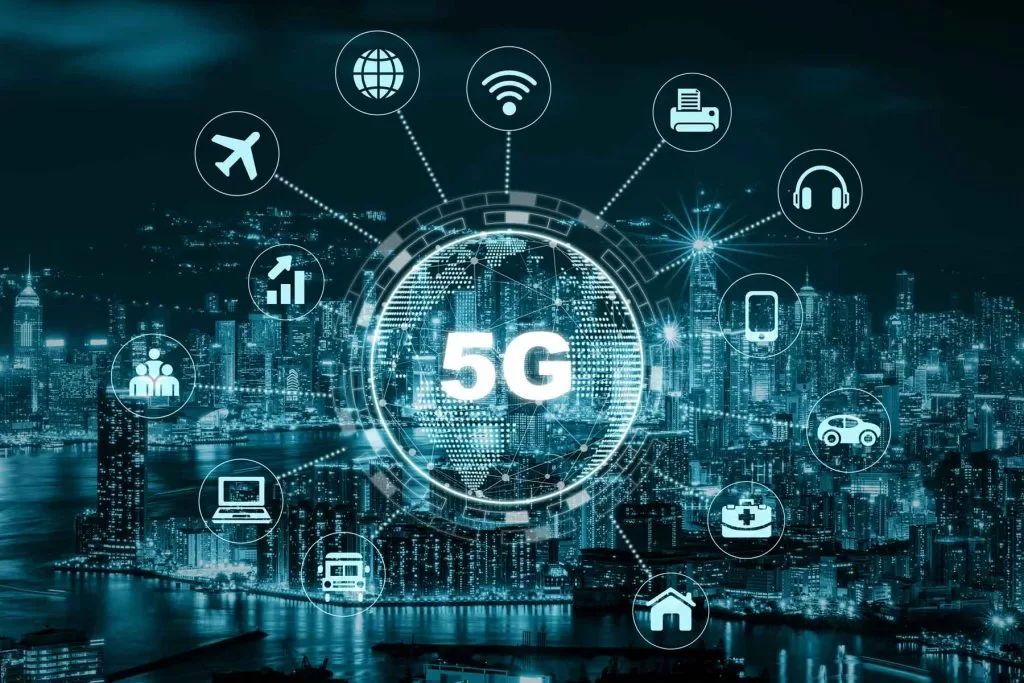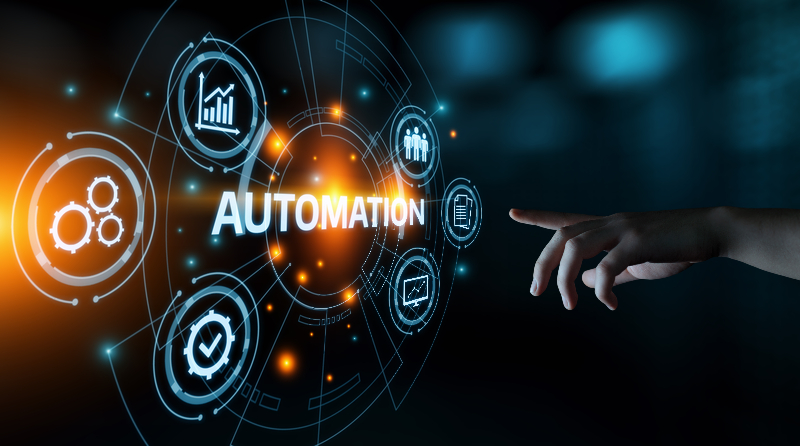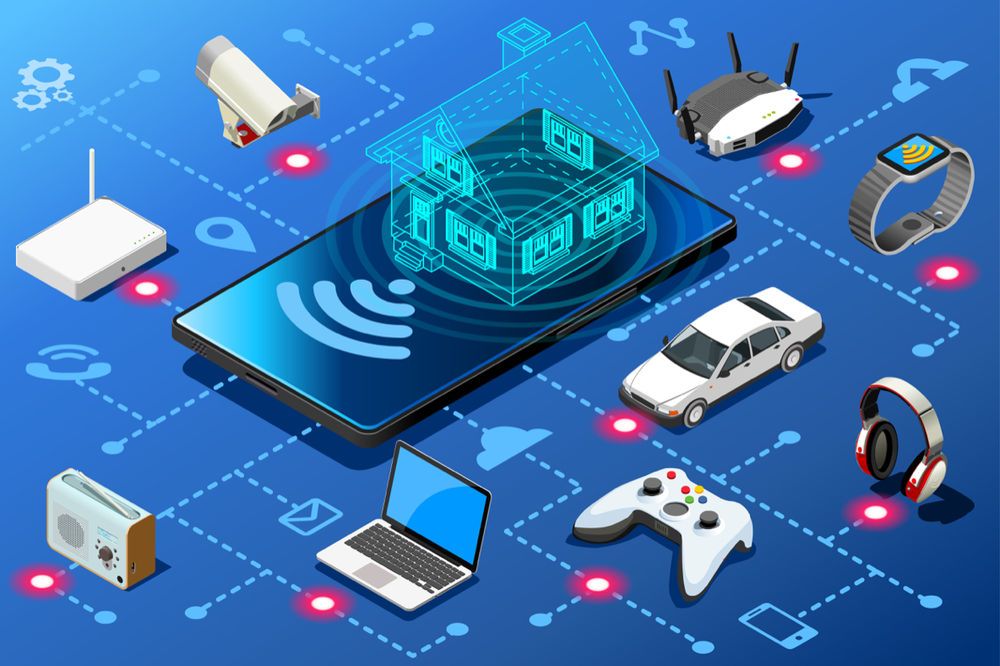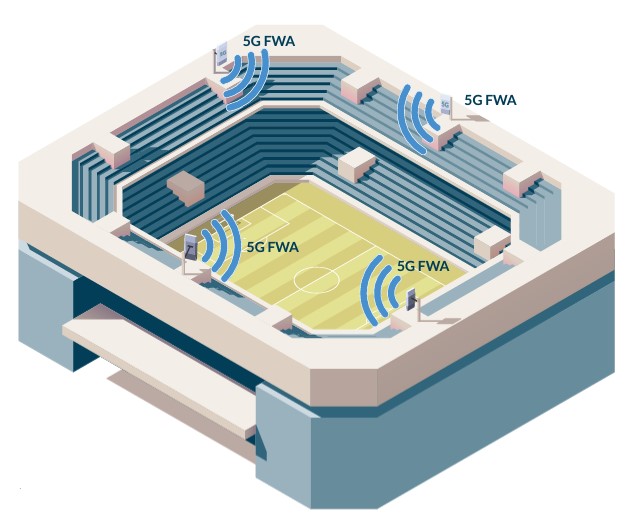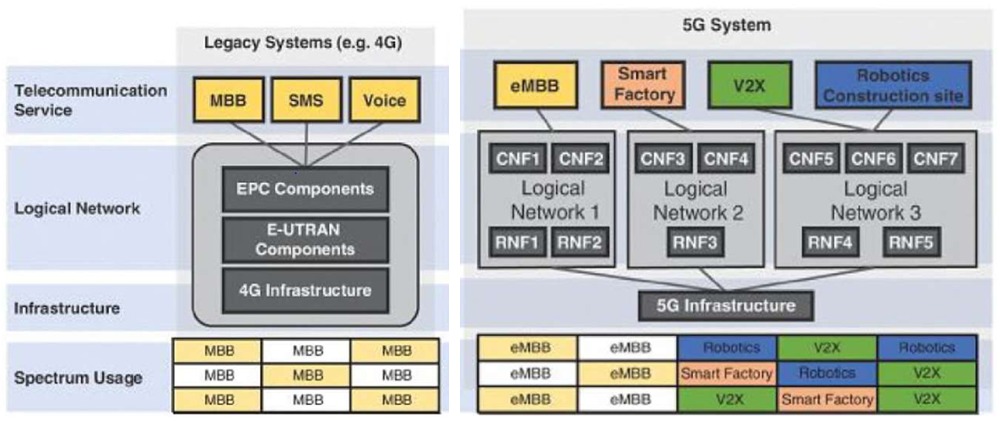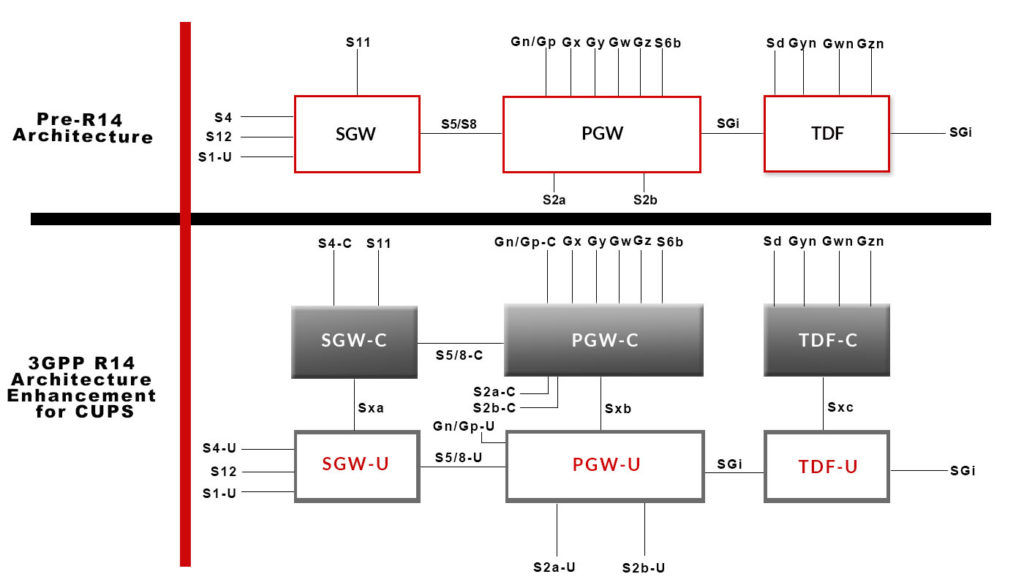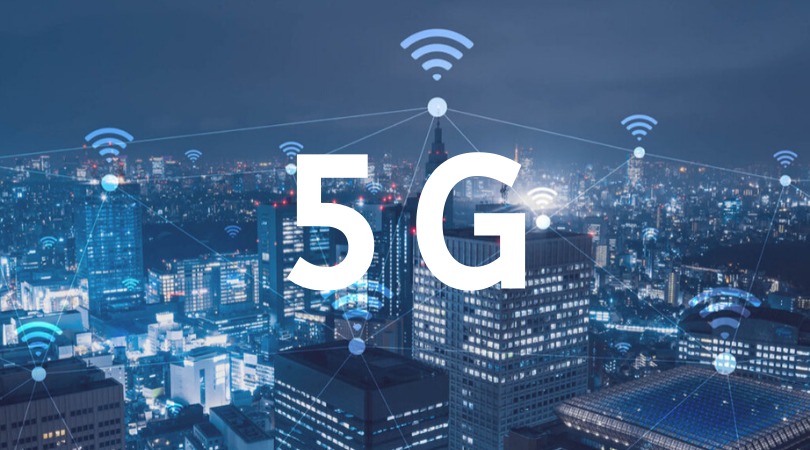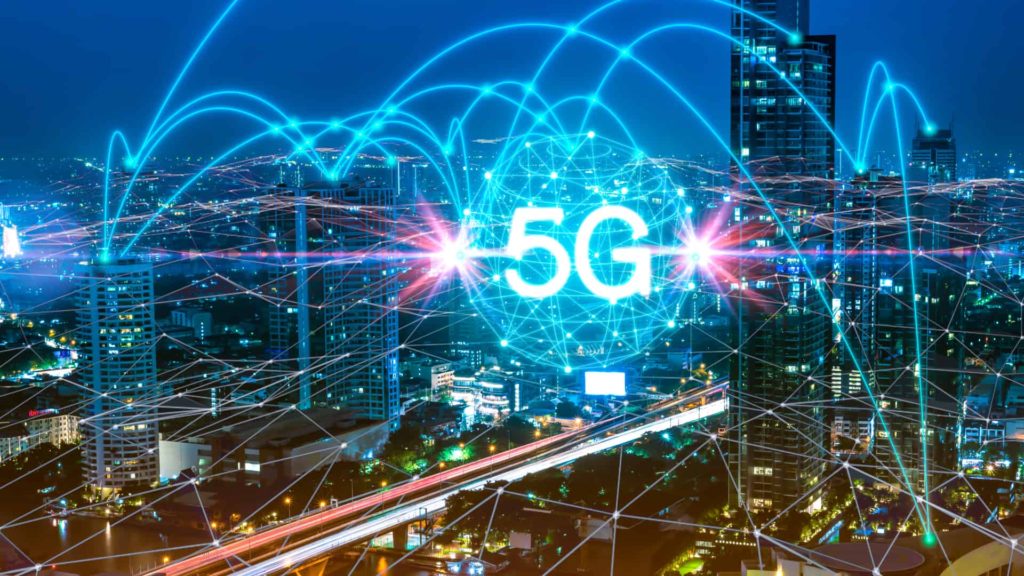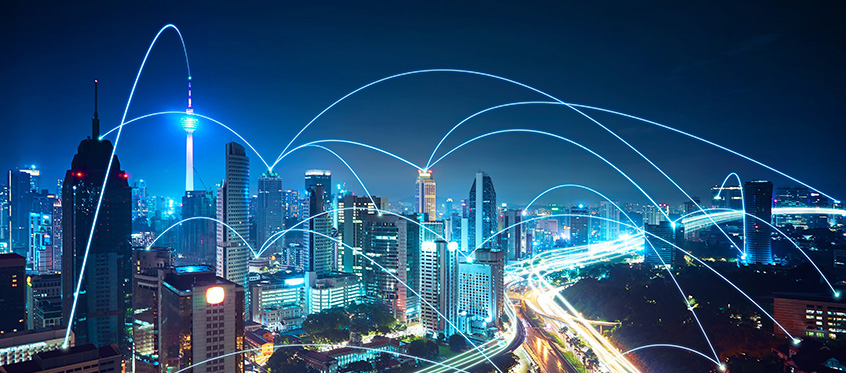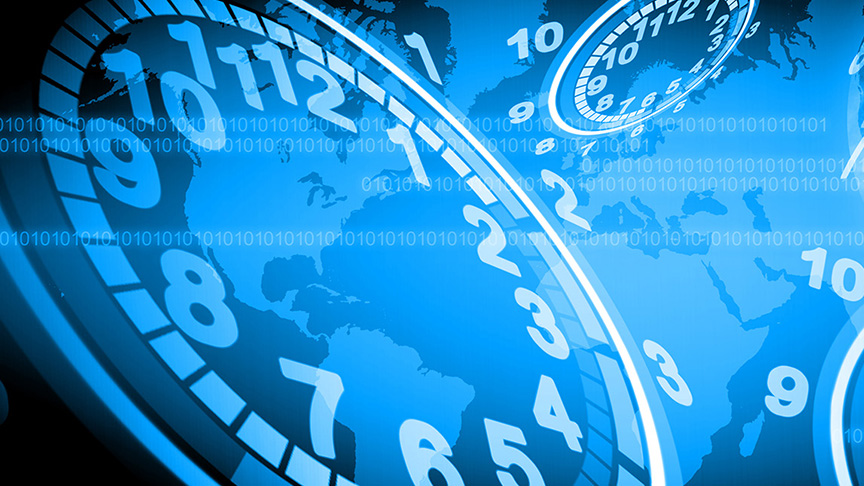With the upcoming advanced 5G network deployment, it is expected that XR, IoT, and AI will have a significant effect on the telecom industry but also society and the digital economy. The new 5G infrastructure, and the technological advancements in XR, IoT, and AI are ready to lay the foundations for the new technological age and shape the 5G impact on society.
From 4G to 5G
In the era of 4G network deployment, real-time XR streaming was hard to implement. The user should download all the contents to the device to be able to play back XR contents. Furthermore, IoT services were only possible via a separate LP-WAN or NB-IoT network. Regarding AI, learning and implementing data could only be generated by a PC and was smartphone-centric. However, with the expansion of the initial 4G networks, a new era of sharing began. Smartphone-centric social media expanded connectivity, transparency, and intimacy in society. With this extensive use of smartphones and social media, sharing services were boosted and rose to mainstream acclaim. This boost gave rise to new types of services offered via the Internet.
At the same time, personal information protection and privacy issues began to arise. Since smartphones are personal information devices, the higher the penetration rate of smartphones, the more issues and discussions about privacy are raised.
5G advancements
With the initial deployment of 5G networks, real-time XR streaming is possible. However, it is still difficult to fully implement high-definition content and high-performance games. IoT services are also difficult to implement in the initial NSA-centric 5G and can only be developed in specific regions where Stand Alone (SA) architecture is applied. IoT object information is grafted to data, and data is applied to AI. This way, AI can be used in a variety of everyday life and industries, especially in the mature stage of 5G network deployment.
Moreover, 5G networks aim to enhance the capabilities of two distinct areas, Remote Society and Data Economy. Remote society is all about sharing and having remote coexistence. Connectivity, transparency, intimacy, and efficiency are the bases for sharing culture. Especially since the outbreak of the Coronavirus in 2019, technological advances and hygiene, health, and safety issues are leading to a remote culture. On the other hand, with the increase of Data Economy, there is a growing interest and discussions about authority and control over this data. 5G IoT services are expected to generate more data. As 5G SA is applied to a nationwide network, nationwide IoT services will have to be developed. This nationwide network of 5G IoT services will transform everyday life and industry.
Data Economy
Data economy means that data adds economic value, and as a consequence, data is capitalized. As data will be the basis of the social economy, the capitalization and marketization of data will increase. Therefore, data capitalization is expected to expand as the data market is boosted. The data-driven economy is an era in which big data, open data, and connected data dominate the competition for application software and hardware. Data economy refers to an ecosystem created by members who handle data. It encompasses all data creation, collection, storage, processing, distribution, and delivery. Data capital is known as the digital information that is recorded to be able to produce a good or service. In the long-term, this data capital can have a value just as physical assets do, for example, buildings, equipment, etc.
Data can be classified into 4 types depending on the source. Examples are Internet (Personal), Industrial & Sensor (Industrial Site), Enterprise (Enterprise), and Public (Public) data.
Internet Data refers to all digital data hosted on the Internet, including user-generated data from social media platforms. On the other hand, Industrial & Sensor Data includes the Internet of Things and any machine, mobile, and GPS data. Enterprise Data is all about business data, including customer, inventory, and transactional data. Finally, Public data refers to datasets that are generated or collected by government agencies. This also includes data collected by universities and any non-profit organizations.
Remote Society
With the expansion of massive connectivity and 5G network development, the remote era will begin. Technological advances will develop a digital communication environment where people may feel and communicate in analog and face-to-face meetings.
5G will enable socio-economic changes in which new lives, settlements, and workstyle occur in remote environments through realistic remote communication and drone delivery. The development and combination of XR, IoT and AI can help people face a virtual world with no boundary between reality and virtuality. Air conditioners, humidifiers, dehumidifiers, fragrance generators, etc., can be advanced to be able to feel the temperature, humidity, altitude, scent, etc. In addition, chairs or clothes that allow you to feel the movement of immersive content will be possible.
The mainstream world had an initial taste of such applications via Facebook’s transformation to Meta and the introduction of Metaverse to the general public. However, there is still a long way to go to finally adopt metaverse onto the mainstream.


